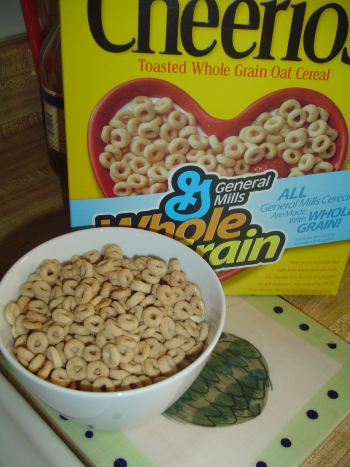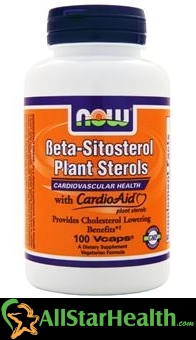FDA Goes After General Mills for Cheerios Health Claims

OK, but does anyone actually rely on a breakfast cereal for health information? Could this be more about protecting Big Pharma?
The FDA is going after General Mills for the health claims associated with Cheerios cereal (read the warning letter here). In various advertisements for Cheerios, General Mills claims it will lower cholesterol, lower risk of heart disease and lower risk of cancer, especially stomach and colon cancer. The FDA considers those to be drug claims, and since Cheerios have never gone through the byzantine FDA drug-approval process, you can’t say those things. You’re stepping on big toes when you make drug-like claims like these and sure enough, the FDA’s complaint seems to be more about protecting pharmaceutical interests than public health. After all, it’s not like Cheerios are dangerous, and there are far more unhealthy cereals a person could choose. And whole grains and soluble fibers like those found in Cheerios do have a relationship with these health parameters. But with Cheerios whimpering 1 gram per serving, and for other reasons, the relationship can’t justify these frank drug claims.
These same kind of limitations apply to the supplements people use to improve cholesterol among many other things, and once in awhile a supplement maker finds themselves subject to the same kind of FDA intervention. A few supplements have satisfied FDA criteria and can make legal health claims (like 25 g of soy protein per day being good for heart health). But in most cases supplement makers can’t legally come right out and make straightforward drug claims like “lowers cholesterol” or “lowers blood pressure”. That’s why you’re more likely see a lot of vague, even awkward language like “supports cholesterol levels already in the normal range” or “supports healthy blood pressure”.
People looking for natural, non-drug approaches to cholesterol management (there we go again) aren’t likely to find success by banking on just one approach, whether it’s Cheerios or a supplement like Red Yeast Rice. The supplements can really help, and besides RYR, you might also look at fiber, fish oil, niacin, plant sterols and CoQ-10. Or a standalone cholesterol support formula. But you’ve also got to make the right lifestyle changes like eating a lower-fat, higher-fiber diet and working with a doctor aligned with your preference for a natural approach, not resistant to it. Since your current doctor is probably the one who alerted you to any cholesterol problems in the first place, that’s where you should start. If your doctor is resistant to the idea of using supplements, consider getting a second opinion. But in every case, do let your doctor know which supplements you are using or want to use. You’ll both need to arrange to have to your cholesterol tested periodically – and perhaps more frequently than usual – to evaluate how well your approaches are working.




